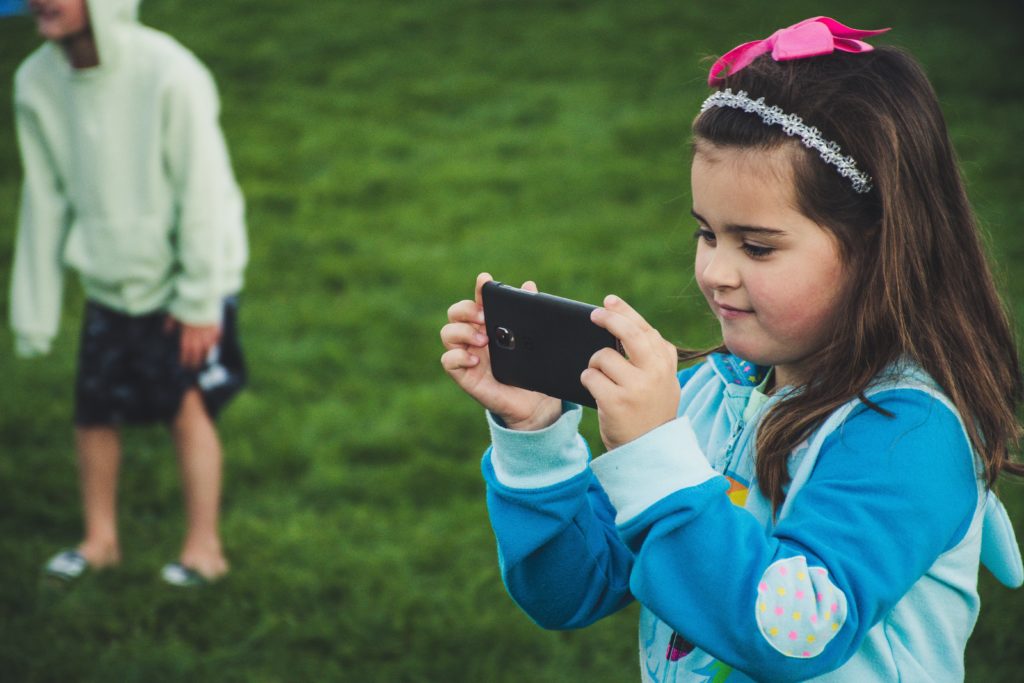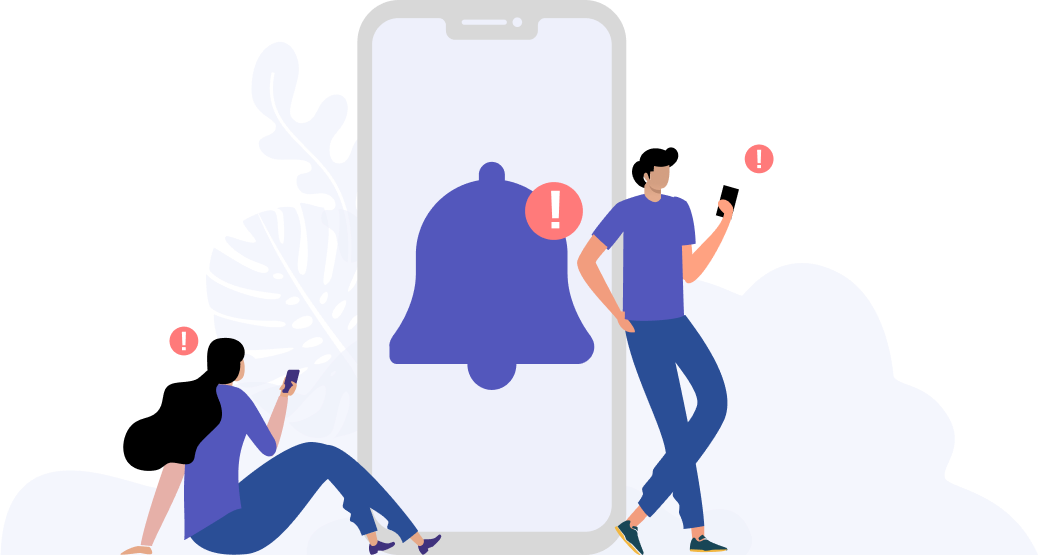The Fight Against The Global Epidemic Of Short-Sightedness Starts Outdoors.

More outdoor play prescribed for kids eye health.
Look up, and look around you: How many people wearing glasses do you see? Spectacles may be making a comeback as a fashion statement, but myopia (short-sightedness) is a growing global problem. In Asia today, the figures are startling – up to 80% of Singaporean teenagers, 90% of Chinese adults, and 97% of young South Koreans are reported to have myopia.
How did this condition become so prevalent? Is there any way to prevent the development of myopia, or stop its progression? Recent research has begun shedding light on the answers to these questions. I have dedicated my life to the study of myopia and have investigated the environmental and genetic risk factors of myopia.
When exactly does myopia start developing? Myopia usually develops in childhood, when the eye is still growing. As the child grows, the length of the eyeball may change. If it becomes too long, light will focus short of the retina, and result in blurred vision.
Genetics is understood to play a role in the development of myopia – if both parents have myopia, you’re 8 times more likely to develop the condition. In fact, mounting research has shown that myopia is also largely explained by environmental factors. These include excessive near work, how close you hold your reading materials and the lack of time spent outdoors. Some experts suggest that the high value placed on education and technology in many Asian countries has resulted in children spending more time indoors fixating on their books, computers and smart devices.
It has been found that children who spend at least two hours outside every day have a reduced risk of developing myopia. Bright natural light, physical activity and looking into the distance rather than at close objects are believed to be important protective factors.
The most well-known method of correcting short-sightedness is to wear a pair of spectacles or contact lenses, and in some cases, adults opt to have laser surgery. Unfortunately, there is no cure to myopia. About 20% of people with myopia are at risk of developing a severe form of the condition that may lead to irreversible blindness.
Is there a way we can prevent or slow the development of myopia? Increasing outdoor activity might just be the answer.
The UV light exposure from outdoor activity releases a chemical called dopamine, which is said to inhibit eye length growth. When we’re outdoors, we also look into the distance more, instead of being glued onto our phone screens.
Schools have taken action in ensuring kids get their dose of sunshine by including mandatory outdoor education in their curriculum. Some have even extended break times to increase the amount of time children spend outside. Taking it one step further are schools in China, by building transparent glass classrooms so that children can be exposed to natural light.
To play our part in the fight against screen addiction, our Singapore-based health tech company, Plano Pte Ltd has partnered with the Health Promotion Board to tackle myopia in school children in Singapore. We present the basic optics and anatomy of the eye, myopia and its risk factors, responsible smart device use and teach our kids the ‘clear vision recipe’. The recipe is a key component of our international bestselling book series, The Plano Adventures, and includes going outdoors as a means of protection against the onset and progression of myopia. Having this platform to share my knowledge on myopia to hundreds of thousands of primary school children is truly a privilege. However, our collective efforts are required to empower our children to establish healthy relationships with technology.
To be truly sustainable, a cultural change is needed. Children need to learn from a very young age, that they should spend more time outdoors and less time on their phones. There are simple ways to encourage such behaviour, like using an egg timer to regulate breaks, or a parental control app that encourages healthy device usage. Starting young is most important – myopia is irreversible. Prevention and slowing its progression is the key to managing myopia!
Tools Designed for Healthier Eyes
Explore our specifically designed products and services backed by eye health professionals to help keep your children safe online and their eyes healthy.





